The corporate tax landscape in Bangladesh as of 2025:
 Corporate Income Tax Rates
Corporate Income Tax Rates

- Publicly Traded Companies: Subject to a tax rate of either 22.5% or 25%, depending on specific conditions and exceptions.
- Non-Publicly Traded Companies: Generally taxed at 27.5%, with certain exceptions applicable.
- Standard Rate Adjustment: The standard corporate tax rate was reduced from 27.5% to 25%, effective from 1 July 2024.
 Minimum Tax Regime
Minimum Tax Regime
Companies are required to compute their tax liability using three methods and pay the highest amount:
- Regular Tax on Profits: Based on net income.
- Withholding Tax (WHT): Applicable under certain sections.
- Tax on Gross Receipts: Applicable to companies with gross receipts over BDT 5 million and other persons with gross receipts over BDT 30 million.
 Taxation Scope
Taxation Scope
- Resident Companies: Taxed on their global income.
- Non-Resident Companies: Taxed only on income that is received in Bangladesh or that accrues or arises in Bangladesh.
 Tax Filing Deadlines
Tax Filing Deadlines
Companies must file their income tax returns by the 15th day of the seventh month following the end of the income year. However, if this date falls before 15 September, the due date is extended to 15 September.
 Additional Notes
Additional Notes
- Tax on Non-Filers: A 20% tax is levied on the gross income of companies not obligated to file a return, with certain exemptions.
- Historical Context: The corporate tax rate in Bangladesh has averaged 29.82% from 1997 to 2024, peaking at 40.00% in 1998 and reaching a low of 25.00% in 2016.
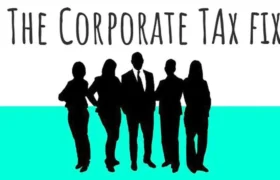

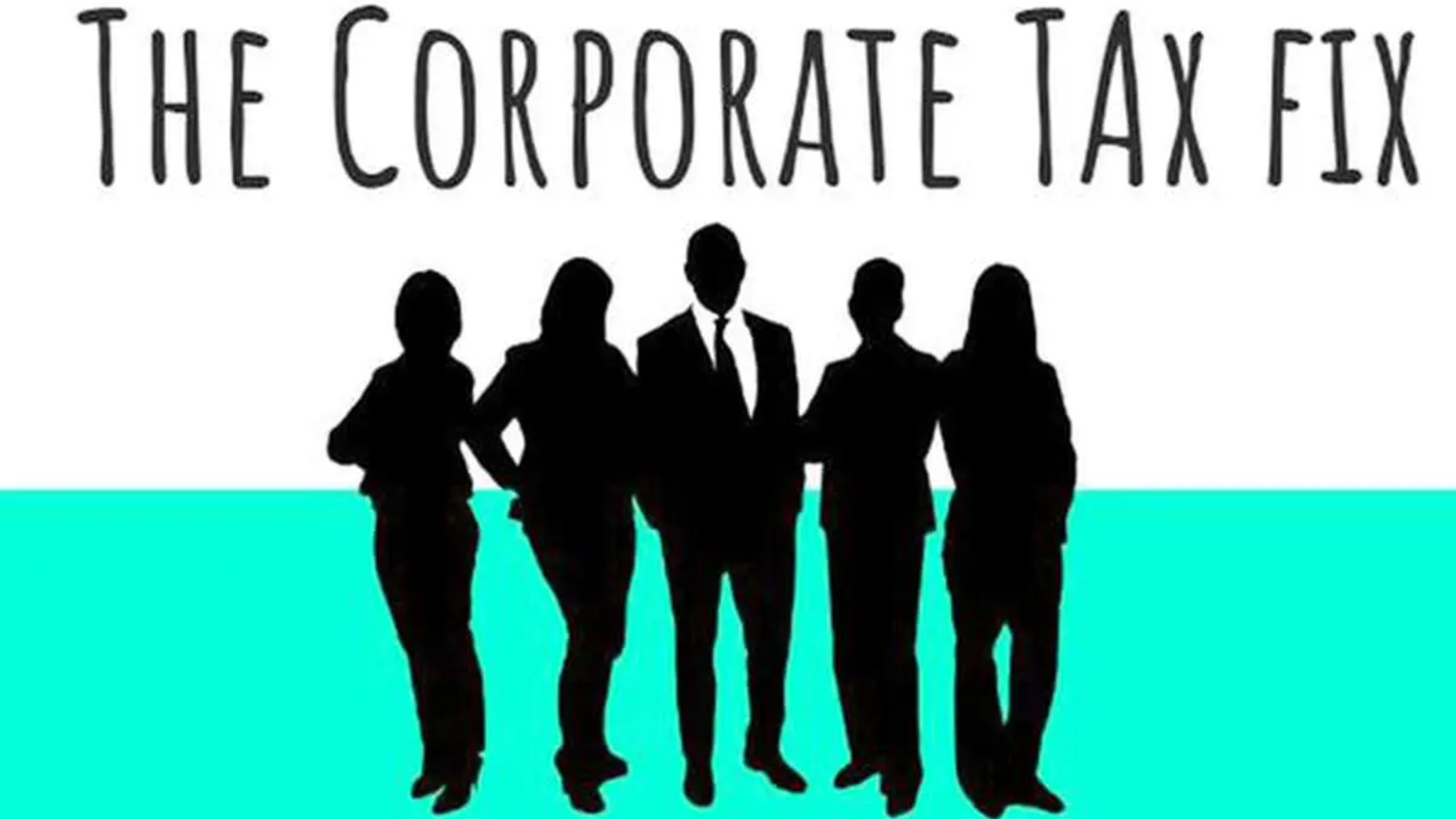
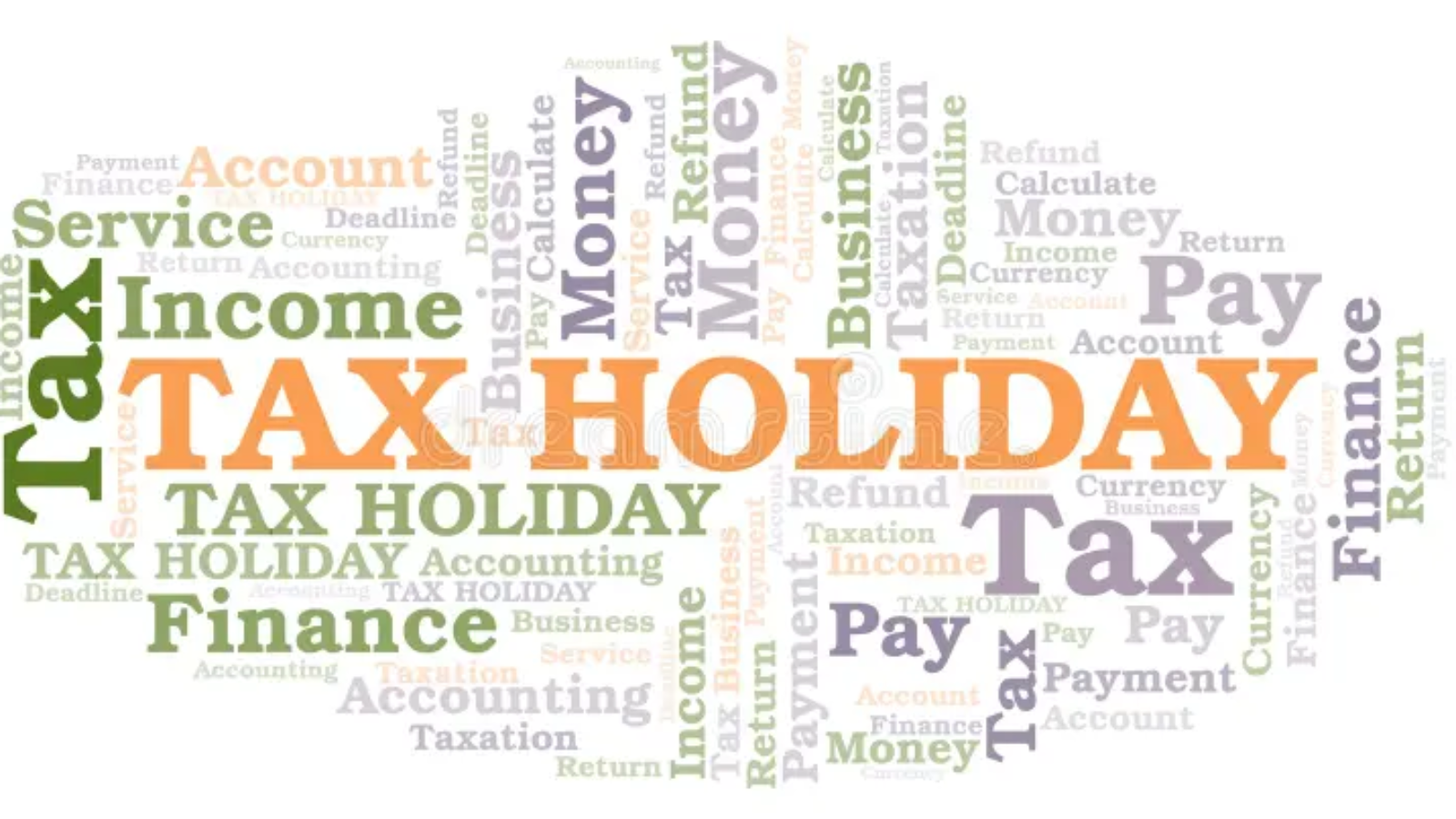
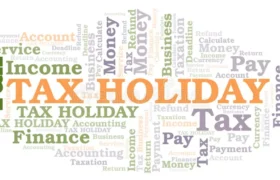


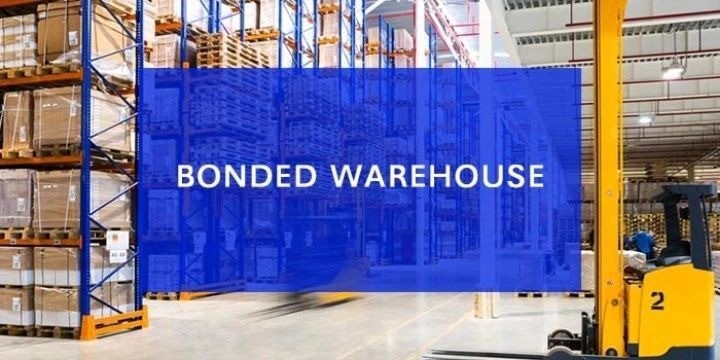
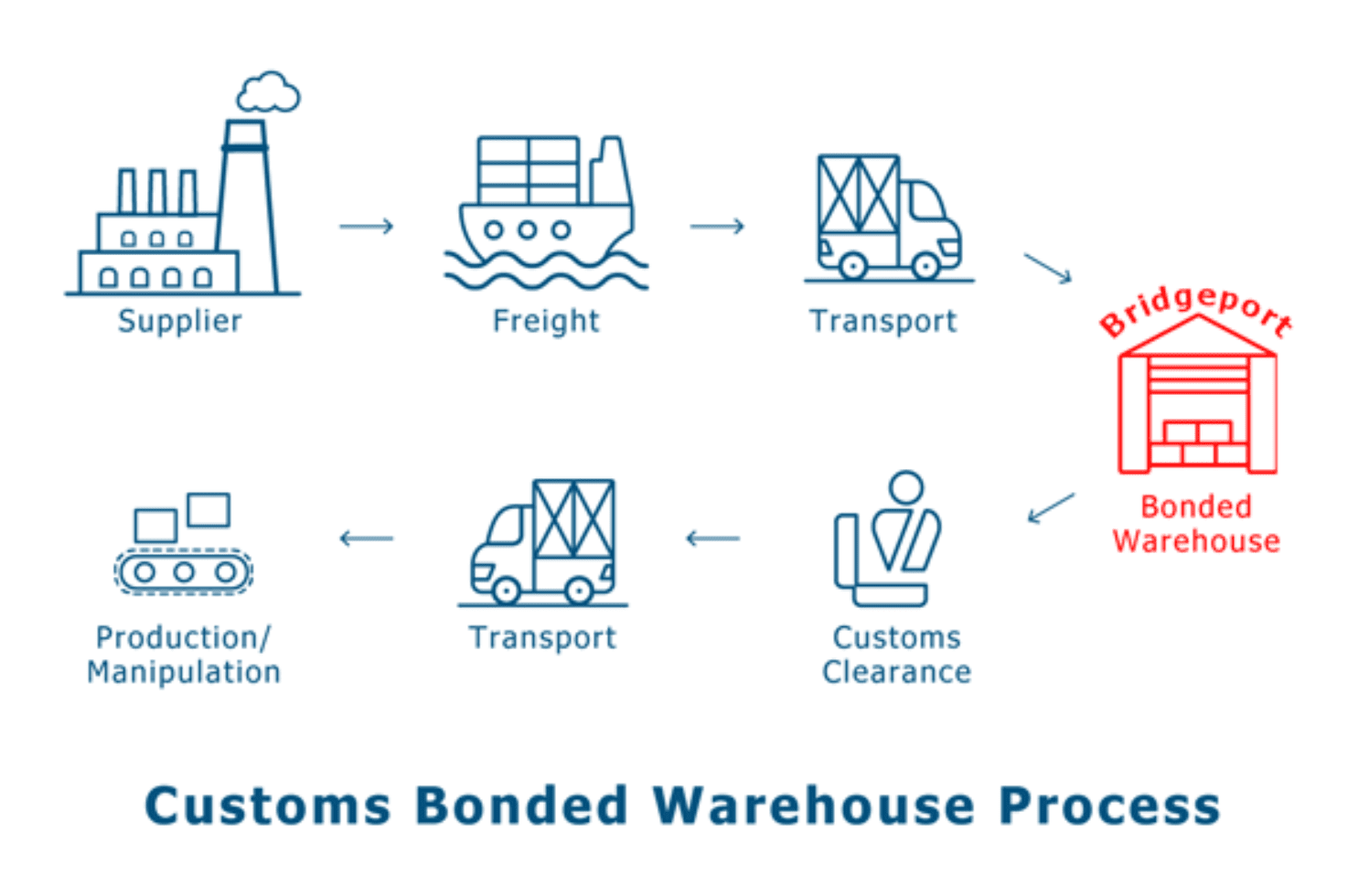


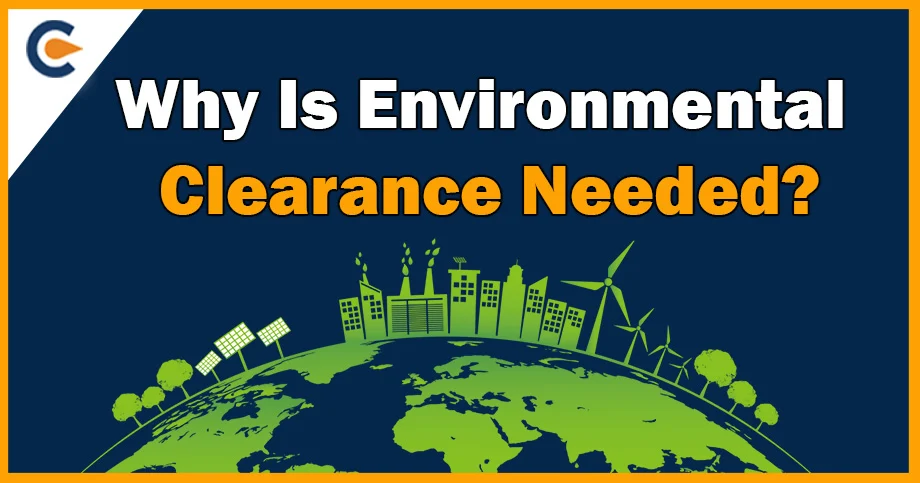 In Bangladesh, obtaining an Environmental Clearance Certificate (ECC) is mandatory for establishing and operating industrial units and projects, as stipulated by the Bangladesh Environment Conservation Act, 1995 (amended in 2010). The Department of Environment (DoE) oversees the issuance of these certificates to ensure that industrial activities comply with environmental standards.
Categories of Industrial Units and Projects:
Industrial units and projects are classified based on their potential environmental impact:
In Bangladesh, obtaining an Environmental Clearance Certificate (ECC) is mandatory for establishing and operating industrial units and projects, as stipulated by the Bangladesh Environment Conservation Act, 1995 (amended in 2010). The Department of Environment (DoE) oversees the issuance of these certificates to ensure that industrial activities comply with environmental standards.
Categories of Industrial Units and Projects:
Industrial units and projects are classified based on their potential environmental impact: